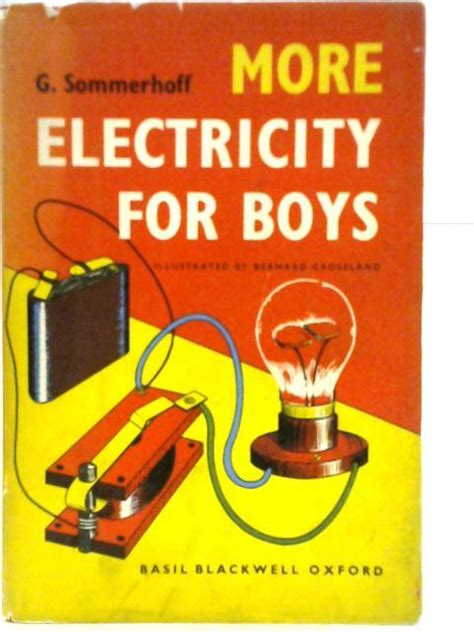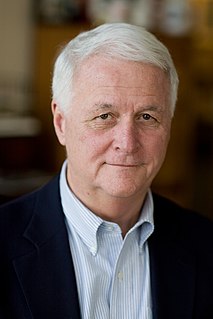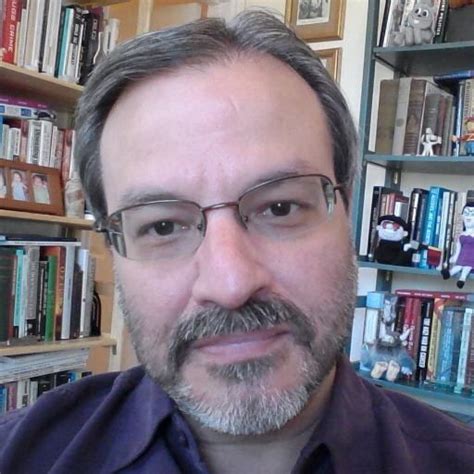A Quote by Shelley Berkley
I cannot understand for the life of me why DOE is going forward with this licensing procedure when we do not know whether or not the scientific documentation upon which you are basing your decisions is, in fact, flawed.
Related Quotes
Whatever it is, people have issues and that affects you deeply. So you have to get to the bottom of it and not let that affect your life decisions and really understand why you're making the decisions you make so that way you can understand how to not do that, so I always encourage people to ask why and then to really understand you, because that's the only way to be your most successful and your most happy.
If we decide rightly what to do, or use a correct procedure for making such decisions, that has to be because the decisions or the procedure rest on good reasons, and these reasons consist in the apprehension of truths about what we ought to do. Because these truths must constitute reasons for our decisions, and because in the rational order, reasons must always precede the decisions based on them, the truth conditions of claims about what we ought to cannot be reduced to, or constructed out of, decisions about what to do, or procedures for making such decisions.
I’m a writer, and everything I write is both a confession and a struggle to understand things about myself and this world in which I live. This is what everyone’s work should be-whether you dance or paint or sing. It is a confession, a baring of your soul, your faults, those things you simply cannot or will not understand or accept. You stumble forward, confused, and you share. If you’re lucky, you learn something.
Whether or not you believe in God, you must believe this: when we as a species abandon our trust in a power greater than us, we abandon our sense of accountability. Faiths… all faiths… are admonitions that there is something we cannot understand, something to which we are accountable. With faith we are accountable to each other, to ourselves, and to a higher truth. Religion is flawed, but only because man is flawed. The church consists of a brotherhood of imperfect, simple souls wanting only to be a voice of compassion in a world spinning out of control.
Intuitionists think that there are cases in which, say, some identity statement between real numbers is neither true nor false, even though we know that it cannot possibly be false. That is: We know that it cannot not be that a = b, say, but we cannot conclude that a = b. We can't, in general, move from not-not-p to p in intuitionistic logic. , I suggest that the believer in vague objects should say something similar. It can never be true that it is vague whether A is B. But that does not imply that there is always a fact of the matter whether A is B.
I've spent a lot of time in my political life talking about why it matters to have women in the decision making, whether it's at the family table, whether it's in a board room, whether it's in the halls of Congress, whether it's in your community meeting. And it has to do with the fact that women's lives are different. You know? They're not better or worse than men's, but they are different and we bring that different perspective to whatever we do. And it's important to have that perspective at the table.
Be cautious, understand the consequences of your decisions. You have to understand the consequences of every decision that you make. If you decide to be a writer, that's going to scale back your life, than when you decide to be an attorney. Y'know, if you send your kids to private school, then it's kind of like the federal budget, where if you spend money on one thing, but you have to cut on something else. So you just have to be aware, at all times, that every decision you make, has reverberations. And you have to understand those reverberations, and either you live with them, or you don't.
If the fact that people make poor decisions is reason enough for the government to second-guess their decisions about dangerous activities such as smoking cigarettes and riding motorcycles, why on earth should the government let people make their own choices when it comes to such consequential matters as where to live, how much education to get, whom to marry, whether to have children, which job to take, or what religion to practice?


































